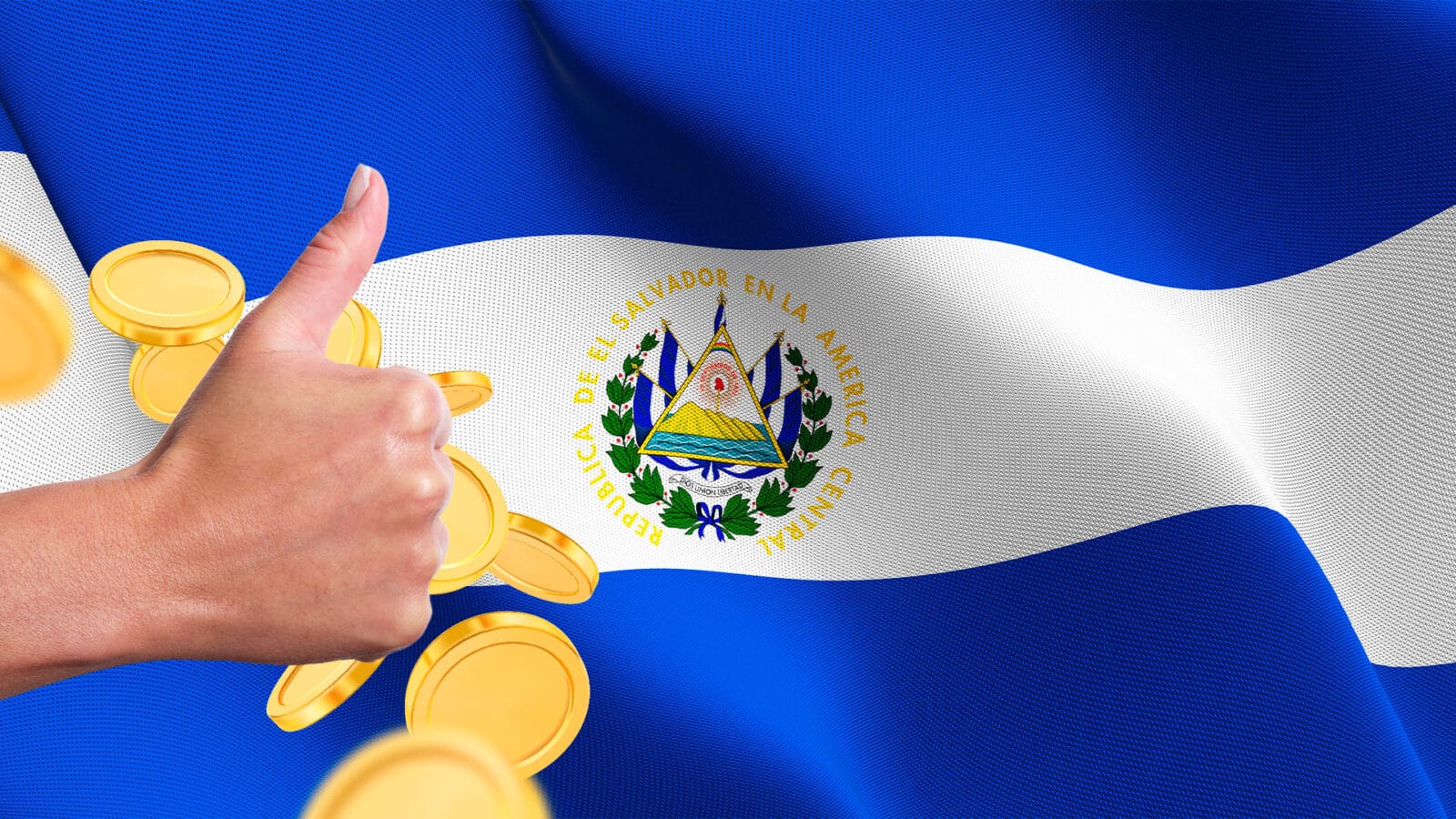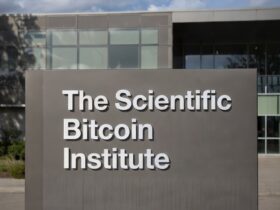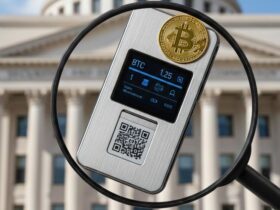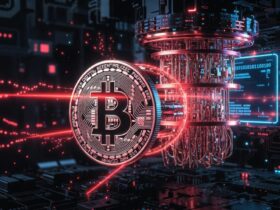Amid the profits that El Salvador is obtaining from its investments in bitcoin (BTC), due to the dizzying rise of the digital currency, President Nayib Bukele launches a new offer to buy back foreign debt.
The president announced the offer through his account in X, pointing out that the holders of El Salvador bonds, with maturities between 2027 and 2034, may make offers to the State for settlement starting this Tuesday, November 12 and until Monday, the 18th of this month.
The total to be offered for the debt bonds, according to the published document, exceeds 1 billion dollars. With prices per voucher ranging between USD 800 and just over USD 1,000. The value depends on the type of bond and the interest rate offered, which varies between 6.3% and 9.2% annually.
It is a “public and voluntary repurchase through which holders can make offers through their brokers and the State will be willing to accept them or not.” a movement debt refinancing which also occurs in the midst of the negotiations that El Salvador is carrying out with the International Monetary Fund (IMF).
The agreement with the IMF – which would grant El Salvador a loan of USD 1.3 billion – is expected to be closed in the coming months. Meanwhile, the government is making efforts to balance its economy and obtain its own resources that allow it to pay off the debt independently. a plan in which the investment in bitcoin is inserted as a strategic reserve and that already leaves profits that exceed 85%.

The repurchase of the bonds also It is part of this strategy. The mechanism allows El Salvador to buy its own debt before maturity in the hands of investors who prefer to sell the securities at market price. This means savings for the country because it prevents the government from paying more interest and also generates fiscal relief, according to analysts.
A savings strategy to refinance debt
As CriptoNoticias reported, a report from Banco Santander explains that this government strategy represents a safer approach towards potential savings in the medium term. “This fact reinforces confidence in the country’s ability to manage its external debt (estimated at USD 11.7 billion as of the second quarter of 2024), which has become the central axis of Bukele’s policies,” say the experts.
It is thus considered that the successive debt buybacks that have been carried out since 2022 reaffirm the government’s “will to pay.” A fact that makes the country look good in the eyes of the IMF, with which aims to achieve the agreement.
So far this year, El Salvador has made four offers to buy back its debt. One in April, two in October and the one that just launched this November. They are offers that have been made with the financial support of the United States International Development Finance Corporation (DFC), the Development Bank of Latin America and the Caribbean (CAF) and the JPMorgan bank.
The Bloomberg data show that Salvadoran bonds tend to recover in a short time, having an average profitability of 300%. James Bosworth, founder of the political risk analysis firm Hxagon, says that these bonds are usually attractive “due to their high potential returns.”
However, in recent weeks experts such as Simon Waever, global head of emerging markets sovereign credit strategy at Morgan Stanley, withdrew the bank’s “like” recommendation on the debt of the Central American nation.






Leave a Reply